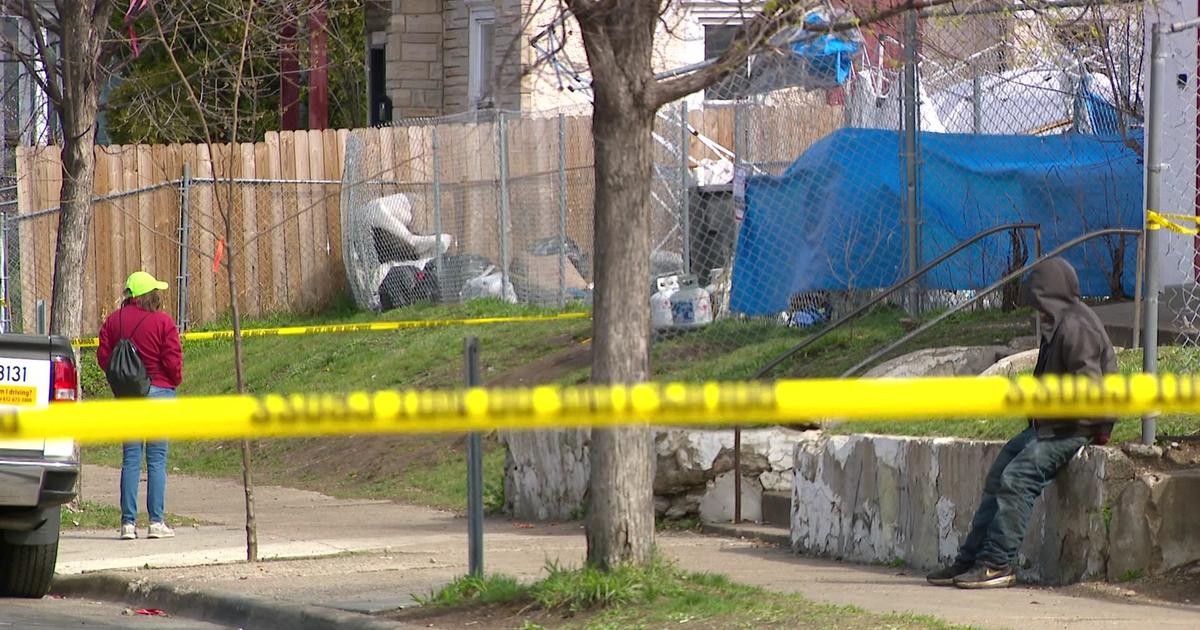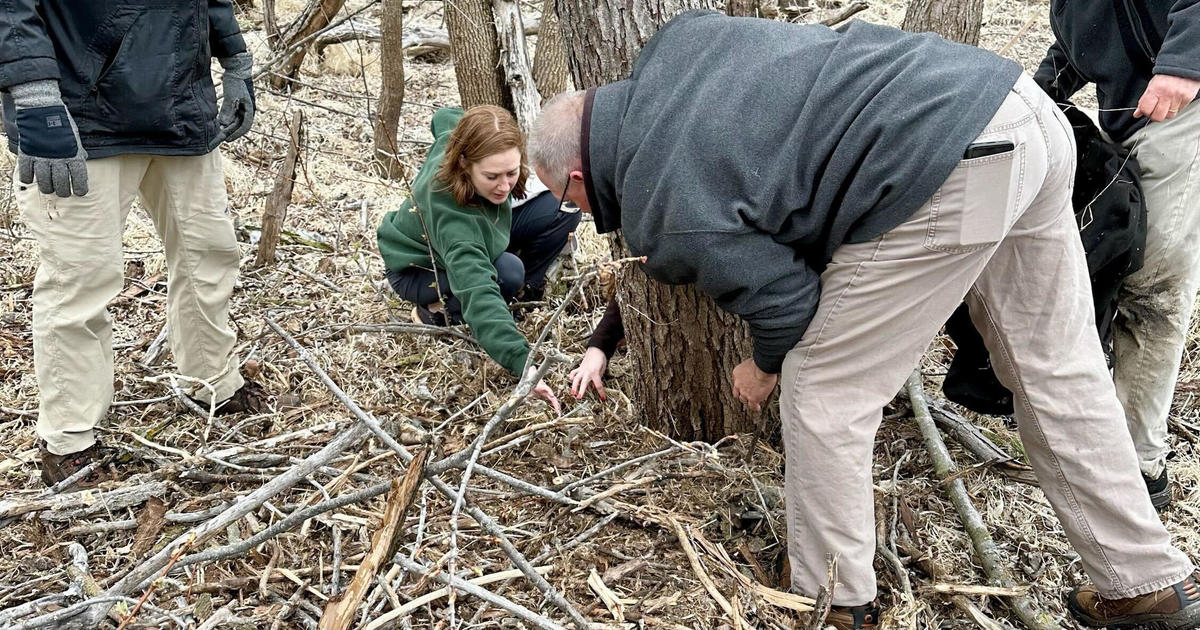Experts Question Crane Lake Spending Millions On Water Quality
CRANE LAKE, Minn. (WCCO) -- A fight over tax dollars and accusations of government waste might be messier than the sewer pipes that started it all. So far, the tiny community of Crane Lake near the Canadian border has spent millions in the name of water quality, but some experts question if that spending is really necessary.
The Nelsons take the more than four-hour trip from the cities every weekend they can to Crane Lake, well into the fall.
"We access Canada by water. We fish. What's not to like?" James Nelson said.
The Nelsons are only recently uncertain about the paradise they paid for nine years ago.
"We just assumed we're on an island, we're insulated from them, it would never affect us -- but that's not what happened," Nelson said.
Word came a few years ago from the Crane Lake Water and Sanitary District it wanted to expand its wastewater treatment system, urging home and cabin owners to pay a $7,500 "special assessment fee" and a monthly maintenance fee to hook up to a centralized pipe to improve water quality in the lake.
"This would all go away. This would be a waste," Nelson said, pointing to his system.
But James Nelson, a plumber by trade, already spent $20,000 installing his own septic system.
"Ours is a simple one. It flows by gravity, it flows in a 1,500-gallon tank," Nelson said. "It's a wonderful system. It's top notch."
Like Nelson, most homes and cabins here use individual sewage systems. Whether it be septic systems, holding tanks or composting toilets.
Nelson is one of many calling out what he considers a board with too much power, trying to get in on a big pot of taxpayer money.
When we tried to ask questions to that board we were met with resistance for months.
"Bottom line – they just want our dollars to supplement their system," Nelson said.
Crane Lake is home to about 100 residents year-round. A few hundred more make their way here in warmer months. Small in population, but WCCO found the community received help from state taxpayers to replace a problem some experts say doesn't exist.
It was supposed to start with a review of all 284 septic systems on Crane Lake by the University of Minnesota's Water Resource Center.
Doctor Sara Heger and her team went lot by lot, labeling half of Crane Lake's systems as non-compliant.
"We want the community to have all of the information before they make a decision," Heger said.
But they never finished a report to recommend how to fix them.
Heger believes the board was set on its answer before ever reviewing cheaper options.
"When it ended you wondered if our work was worth it," Heger said.
The board went ahead with the priciest option, blasting through strong rock to extend a sewer line hooking up homeowners and billing them up to $100 a month for the new service.
That price tag doesn't include work that state taxpayers covered up front. The Legacy Amendment, approved by voters, increased the sales tax we pay, pouring money into protecting the environment. So far, Crane Lake has collected nearly $2 million dollars for its sewer line project.
Crane Lake Water and Sanitary District Chair Rob Scott agreed to talk to us.
"I would say No. 1, it's not a waste of tax dollars at all," Scott said.
Scott says the work won't get any cheaper and he needs to make better use of a sewage treatment plant operating under capacity.
"Name a tax-levying authority that isn't looked at as being too powerful, too whatever because you're taking money from people and we understand that," Scott said.
As a resort owner in the area, he says no one understands it better than he does. He pays nearly $5,000 a year in sewer costs.
He also commented on the University of Minnesota plan.
"I looked at her plan and whatever I didn't agree with it," Scott said. "It's still the right thing to do, we're taking care of the water. We're in it for the long term, so the kids and grandkids -- this is in place and it's expensive to get that stuff going," he said.
"Dysfunctional operation. Plain and simple," Nelson said.
Still, it's left some bad blood between the board and property owners like James Nelson, who's avoided the work so far, calling it a solution in search of a problem.
"We don't want to leave, but we would," he said.



